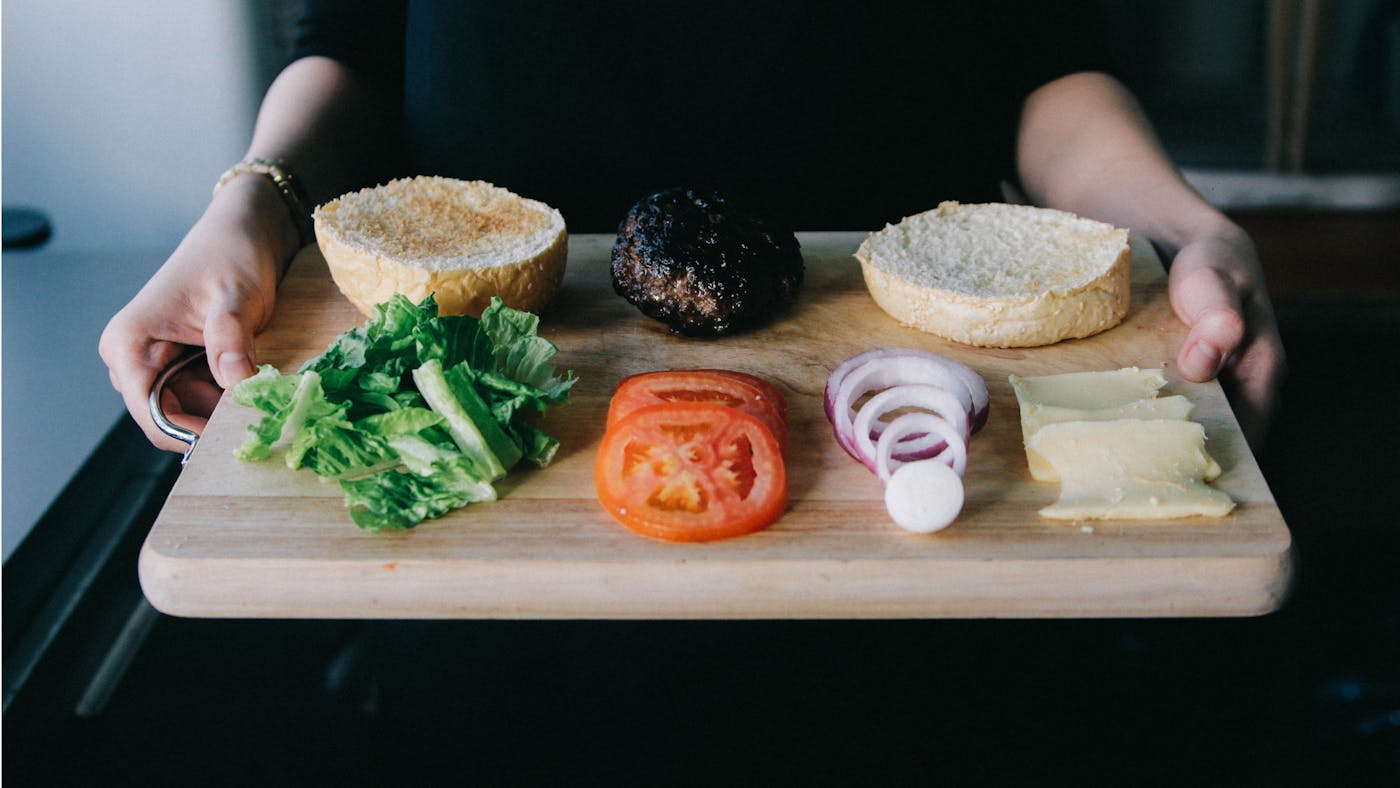Hospitality in the Age of Allergies

Jesus purposely dined with those of reputation and those of no reputation. He ate with people who were physically whole, and he ate with people who were broken both physically and spiritually (Luke 7, 11, 14, 19, 22). Early Christians followed in their Savior’s footsteps. In Acts 2:47, we read that the early church lived, worshiped, and dined as one, and the “Lord added to their number day by day those who were being saved.”
Meals were more than just consumption to satisfy an appetite; they were moments for God’s people to share in common grace, fellowship, and mission around the table. But I am fully aware that because of a variety of obstacles, even enjoying a meal together is easier said than done.
One particular and personal obstacle is food allergies. Because of a life-threatening infection over fifteen years ago, I had to adjust my diet. Then, just a few years ago, I was diagnosed with several autoimmune diseases that have required even more drastic changes in my diet.
These changes have directly impacted my ability to share meals with others. As a result, I have spent time pondering how we can still pursue community together, knowing that when a group is invited to our home for a meal, there is a good chance someone may have a food allergy. How do we pursue the grace, community, and mission of a shared meal when we have to reckon with the brokenness of food allergies? And what are practical ways to show hospitality and have joyful fellowship around food in spite of this brokenness?
Food Allergies Are Not Just Preferences
First, we should distinguish between food allergies, food sensitivities, and food preferences.
- Food allergies can be life-threatening.
- Food sensitivities can be life-altering.
- Food preferences are life-choices.
In our family, we experience all three. Some in my family do not prefer tomatoes, but they will not have a life-altering or life-threatening reaction if they touch or consume tomatoes. While we often accommodate this preference, we try not to let this preference escalate into a demand.
On the other hand, we eliminate life-threatening or life-altering foods from our menu and, when necessary, from our home. A food allergy is not a food preference. The person with a food allergy is not just a picky eater who needs to expand their dietary horizons.
Preparing to Love the Food-Allergic
How, then, do we practically love those who experience the brokenness of food allergies? Here are five actions to consider.
1. Ask about specific items.
We love others when we admit what we do not know. Be willing to ask for guidance if you are preparing food for someone with allergies. By counting others more significant than yourself (Philippians 2:3), and intentionally asking if an item is safe, you can avoid finishing your dinner party with an anaphylactic showstopper.
When we have people in our home, I generally ask, “Are there any food needs or allergies that I can be aware of in planning our menu?” If there are allergies, I also will follow up with what we hope to have, and sometimes even send a list of ingredients to be sure that I have not overlooked anything.
2. Don’t get offended.
If someone does not or cannot eat what you have prepared, it is not a statement about you as a person. Hospitality around food is about more than food. A gracious response greatly fosters a hospitable environment.
For those of us with allergies, we should assume the best about people, recalling our own learning curve. Joyfully attending a dinner party with your own pre-prepared personal meal in tow may be the most loving step for an allergy sufferer to take.
3. Engage willingly.
If you are unaccustomed to cooking for those with allergies, it can be a lot of work to extend an invitation. But making room in our calendars and hearts bestows significant blessing. We can accommodate and set aside some personal preferences to love those around us (Philippians 2:4). Maybe you can’t make your signature, much-lauded, stuffed lasagna, but grilled burgers minus the bun can provide just as suitable a centerpiece for loving conversation.
4. Plan go-to recipes.
According to the Center for Disease Control, eight types of foods account for over ninety percent of allergic reactions in affected individuals: milk, eggs, peanuts, tree nuts, fish, shellfish, soy, and wheat. While you need not be an allergy expert, you can get to know these main categories and increase awareness.
From this, you can create a recipe repertoire that makes inviting and including people with food allergies more manageable –– without requiring hours scrolling through Pinterest. Over the years, I have created a list with a few dishes from the following categories: gluten free, dairy free, nut free, grain free, vegan, and vegetarian. I try to have a main dish, a side or two, a dessert, and a snack or appetizer that fit into each category.
Ask friends who have particular dietary needs for their favorite recipes or go-to meals that don’t require too many unique ingredients. Having a recipe list allows more freedom in meal preparation, whether in your home or for a quick drop-off.
5. Host creatively.
Genuine hospitality does not demand a five-course meal. Food can be a nice addition, but hospitality is really a heart posture. You could plan to center gatherings on an activity, rather than a meal. Perhaps you could host a game night, organize time at a community playground, or play yard games at a non-meal time. Invite everyone to BYOS (bring your own snack). Ask friends with food allergies to bring a favorite dessert or side dish so you know there will be a safe option for them — and then ask for the recipe.
Welcome to the Feast
Jesus has shown us the ultimate hospitality and welcomed us fully into his household forever — brokenness and all. One day, we will feast with him around his table, free from all allergies (Revelation 19:9).
Until that day, food allergies may continue to complicate meal-planning and make messy what we wish could be clean and simple. But as we enjoy Jesus together, the true Bread of Life, in our churches and small groups, God will give grace in generous portions so that we can abound in every good work (2 Corinthians 9:8) — including the pleasant labor of opening up our hearts and homes to savor God’s gifts with believers and nonbelievers alike.




